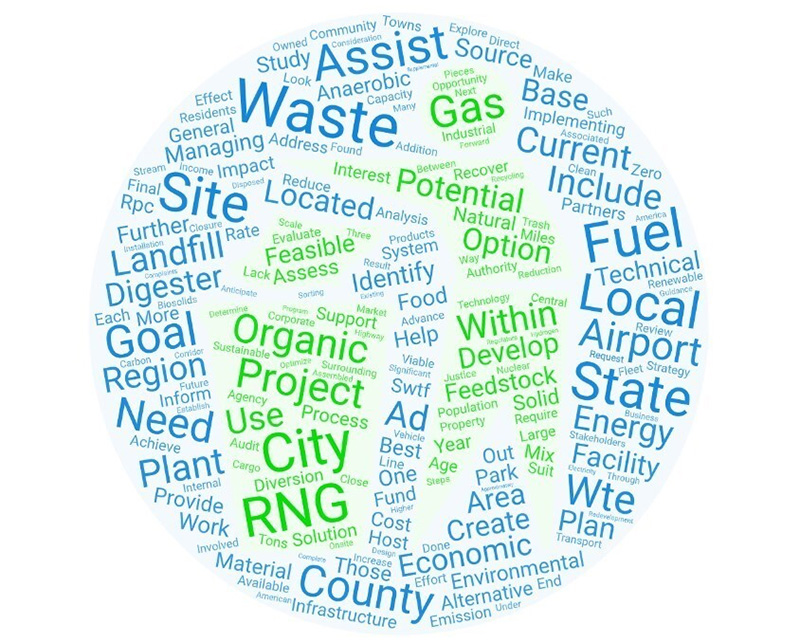In an ambitious move to combat climate change and foster sustainable energy practices, the U.S. Department of Energy (DOE) has invested $3 million into two pioneering projects to refine waste-to-energy processes in local communities. This funding forms part of the Waste Feedstocks and Conversion R&D initiative of the fiscal year 2022. Intentions aimed at transforming organic waste management challenges into innovative solutions.
Organic waste streams, which include municipal solid waste, animal manure, and other residues, have been identified as major sources of fugitive methane. These waste streams will be diverted from landfills to usable energy. These initiatives contribute to the U.S. goal of a 30% reduction in methane emissions by 2030.
The two selected projects will harness waste feedstocks to create low-carbon biofuels. This development could aid sectors struggling to decarbonize, such as aviation. This aligns with the Sustainable Aviation Fuel Grand Challenge, which aims to reduce aviation emissions. The Biden-Harris administration is furthering its commitment to an equitable, clean energy future by funding these initiatives. Likewise, it is considering the goal of achieving net-zero emissions by 2050.
Selected projects
Firstly, The National Rural Electric Coop Association Research in Arlington, VA, is one of the selected projects. They plan to create a suite of tools and software for its 900 rural co-op members. The objective is to implement waste-to-energy technologies and showcase a regional pilot. Secondly, the Upper Salinas – Las Tablas Resource Conservation District in Atascadero, CA, leads the second project. It will explore the potential of a centralized biosolids conversion facility for producing renewable diesel and sustainable aviation fuel.
In conclusion, DOE’s Bioenergy Technologies Office (BETO) will fund and oversee these projects. This department is dedicated to developing technologies that convert domestic biomass and other waste resources into low-carbon biofuels and bioproducts. With this investment, the DOE is addressing organic waste management. At the same time, it is also helping local communities develop sustainable practices and technologies for a cleaner, greener future.
Link of interest: The Realities of Launching Nuclear Waste into Space: 3 Key Obstacles


